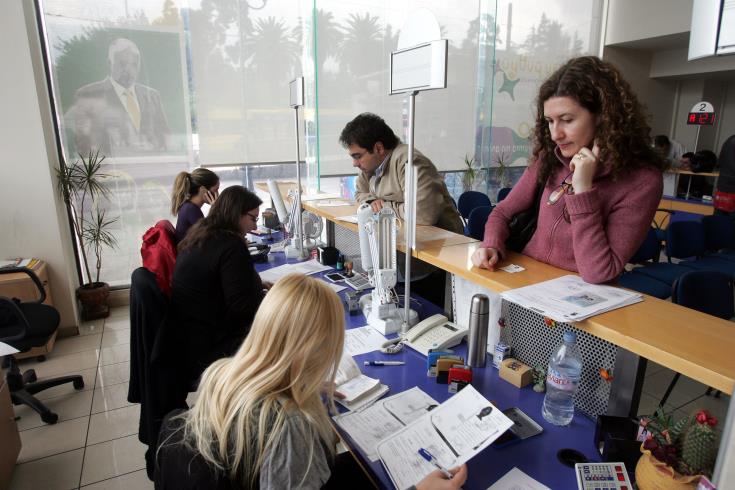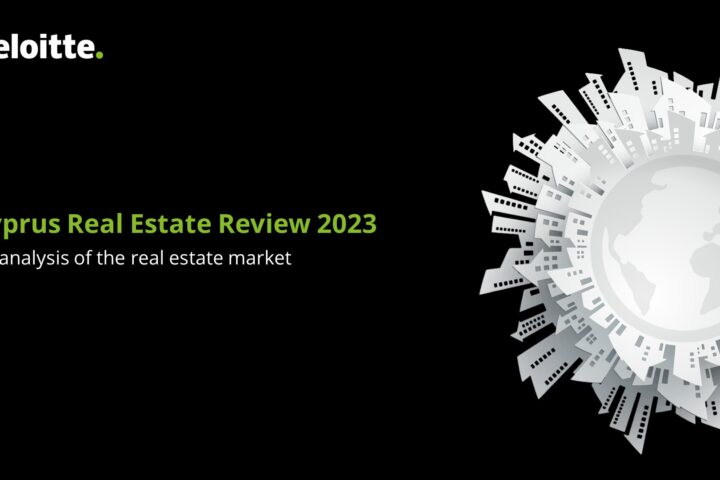Throughout the week, as the panic picked up momentum over the worldwide spread of COVID-19 and its potential impact on Cyprus, health warnings prompted public services to limit their physical interaction.
Venues shut down, while others announced strict sanitation measures to control any illness, as well as for peace of mind.
Has no one read the writing on the wall that we should narrow the digital divide and introduce more efficient systems, both in the public and private sectors?
Some government services, such as the unemployment office, suggested a few days ago that jobless people who need to register once a month, ought not to show up and their registration would be automatically renewed for another month while welfare recipients were informed that payments would be made online.
On the other hand, those who will benefit most from the situation are businesses in the catering, courier and retail sectors, as consumers rush to stockpile on unnecessary supplies while restaurant reservations are replaced with take-away and fast-food deliveries.
Ironically, as football games are now postponed, spectators will make a beeline for the nearest café, where seating will be limited to no more than 75 at a time. Only God knows where the faithful will congregate on Sundays, to hear their favourite sermons.
Some employers, ignorant of basic hygiene measures and violating all HR rules, even resorted to stupid ideas, such as segregating some out-of-town staffers for fear of allowing a contagion, not realising that work-from-home or logging in remotely to office servers, should be seriously considered, depending on the profile of their workforce and responsibilities.
Thus, there is an opportunity to be made by IT companies, especially those with knowledge of network systems and transition to Cloud, while cleaning companies will be back in fashion, offering services from workplace sterilisation to pest control, now that municipalities have abandoned cleaning gutters from bug and cockroach infestation.
Restaurants and hotels have announced sanitisation efforts for staff and customers, with one even suggesting disposable menus, replacing old furniture and easy-to-clean items.
Did we need the coronavirus scare to force us to introduce all these measures?
Have we not laughed at tourists for complaining that tavernas or bars are dirty while overflowing toilets with mounds of paper rolls nearby are often posted on social media and rating sites?
Instead of hiring 180 inspectors to fine people dumping old fridges and leftover construction material in neighbourhoods, should these people not be used to actually clean up some municipalities with Strovolos and Nicosia sharing the prize as the dirtiest towns north of the Sahara?
It is also illogical how banks have increased paperwork and charge phallic rates for customer services, where they should have been providing real incentives for customers to switch to online banking, with fully-fledged services, instead of meagre eWallets and other toys that are a decade behind underdeveloped economies.
This has encouraged digital payment platforms to mushroom that will justifiably take market share away from the monolithic banks, who are not generating new business and are simply trying to find ways to maintain the payrolls of their unproductive staff.
And if the government can prevent direct physical contact with members of the hoi polloi, thanks primarily to online and telephone services provided by the public service bureaus, should we not have more services digitised?
All applications should be submitted online, slashing the time wasted for data entry and better utilising civil servants to check forms and process these to the right department for final outcome.
After all, this is called ‘progress’ and is probably the only way Cyprus can compete with other business centres, where such procedures take a few hours to conclude, and not the days or weeks needed here.
It’s about time Finance Minister Constantinos Petrides wipes the dust off his former project to reform the public sector and fast-tracks the rapid digitisation of systems and modernisation of attitudes that should have been done when he was first tasked with this mission.
Or are we going to wait for another public health scare to see some progress?










